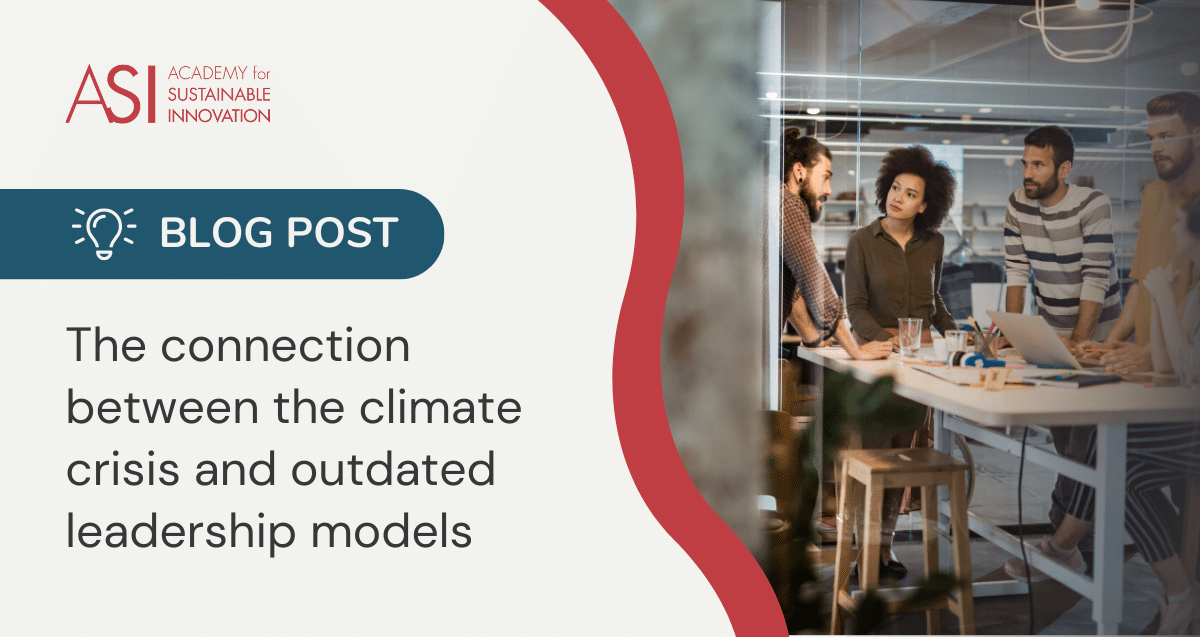At its core, the climate crisis represents a failure of leadership on a global scale.
The connection between the climate crisis and leadership capacity is profound and multifaceted. At its core, the climate crisis represents a failure of leadership on a global scale. Outdated leadership models, characterized by short-term thinking, competition, a narrow focus on profit, and resistance to change, have contributed to the unsustainable exploitation of natural resources, pollution, and greenhouse gas emissions.
The good news is: we have the ability to change this with dedicated effort to transform how we lead our organizations and communities.
To effectively tackle the climate crisis, we need to first recognize the shortcomings of traditional leadership
The climate crisis is one of the most pressing challenges facing humanity today. To effectively address this crisis, it is crucial that we examine and acknowledge the limitations of existing leadership paradigms. Traditional hierarchical structures often prioritize maintaining the status quo over innovation and adaptation. This inertia can be particularly detrimental in the face of complex, rapidly evolving challenges like climate change.
What we need is a more collaborative, adaptive, and inclusive approach to leadership. The climate crisis demands leaders who are willing to listen to diverse perspectives, engage in meaningful dialogue, and make decisions based on the best available scientific evidence. By recognizing the flaws of existing leadership models, we can explore alternative approaches better suited to addressing the challenges posed by climate change.
Exploring why traditional top-down leadership struggles to address environmental concerns
Organizations that cling to old ways of thinking may not be equipped to tackle the complex and interconnected issues of climate change. Being stuck in hierarchical, siloed, and rigid frameworks can hinder agility and responsiveness, essential qualities needed to collectively move us forward to the sustainable future many of us desperately want.
These models often prioritize short-term goals and profit over sustainability and resiliency. Furthermore, traditional leadership tends to hinder innovation and creativity. It can create a culture of top-down decision-making, where ideas and insights from employees and other affected stakeholders are disregarded or ignored.
This lack of inclusivity and diversity in decision-making can restrict the variety of perspectives and innovative solutions brought to the table. This type of leadership may also resist change and be slow to adapt to new environmental realities. This resistance can hinder organizations from taking proactive measures to mitigate their environmental impact, transition to more sustainable practices, and prepare for the impacts of a changing climate.
As the effects of climate change ramp up and become more pronounced, it becomes increasingly evident that traditional leadership models are ill-suited to navigate the multifaceted demands of climate change.
Yesterday's thinking won't solve tomorrow's problems
Building leadership capacity to cultivate the skills, mindset, and vision needed to mobilize collective climate action
Transforming leadership and organizational cultures is not without its challenges. Many individuals have the desire and motivation to work in a way that leads to a more sustainable future, and yet many also feel overwhelmed by the magnitude of the complexity of the challenges facing us every day. Building leadership capacity becomes incredibly important to cultivate the mindsets, skills, and practices necessary to mobilize collective action and implement sustainable solutions.
Building leadership capacity can include providing education, training, and other development opportunities to enhance leaders’ knowledge and understanding of climate change and its impacts. It can also involve promoting cross-sector collaboration and knowledge sharing, as well as fostering a culture of innovation and learning.
By strengthening our leadership capacity, we can take a broader and more comprehensive view of the climate crisis. It’s essential to address the impacts of climate change through a systematic and holistic approach that acknowledges the interconnectedness of environmental, social, and economic issues. This involves developing integrated strategies that effectively tackle these interdependencies.
New leadership models and key competencies to consider
The Academy for Sustainable Innovation firmly believes that the transition to a sustainable future will require new forms of leadership. We have identified the following competencies that leaders need to make meaningful progress towards a low-carbon, socially-inclusive future. These include:
Collaborative Leadership
Cultivating networks of relationships is necessary to better understand and engage with complex dynamics. Additionally, leveraging the skill sets, expertise, and leverage points of others will be critical to advancing systems-level change.
Adaptive Leadership
Managing transitions, dealing with the human side of organizational change, leveraging emergence and uncertainty, and understanding complex system dynamics are vital to a sustainable future.
Diversity Equity & Inclusion
Progress toward sustainability goals and climate action must include taking deliberate action to include, support, and uplift systematically disenfranchised and underserved communities.
Strategic Futures Acumen
The capacity to envision and articulate alternative future scenarios is imperative to the success of climate action measures. Leaders should have the ability to distinguish between incremental and transformative change.
Climate & Sustainability Literacy
Sustainability leaders should demonstrate a broad and systemic understanding of interconnected social, ecological, and economic imperatives, including up-to-date understanding on climate data trends and biophysical limitations.
Social Innovation & Learning
Sustainability leaders need to question and challenge the status quo, create and facilitate transformative learning opportunities, and change system dynamics.
Connect with ASI
ASI works with organizations and individuals who are interested in leading and working differently in the face of climate challenges. Our educational courses, customized engagement programs, peer network, and research help people understand the importance of new leadership models that benefit both people and the planet.


